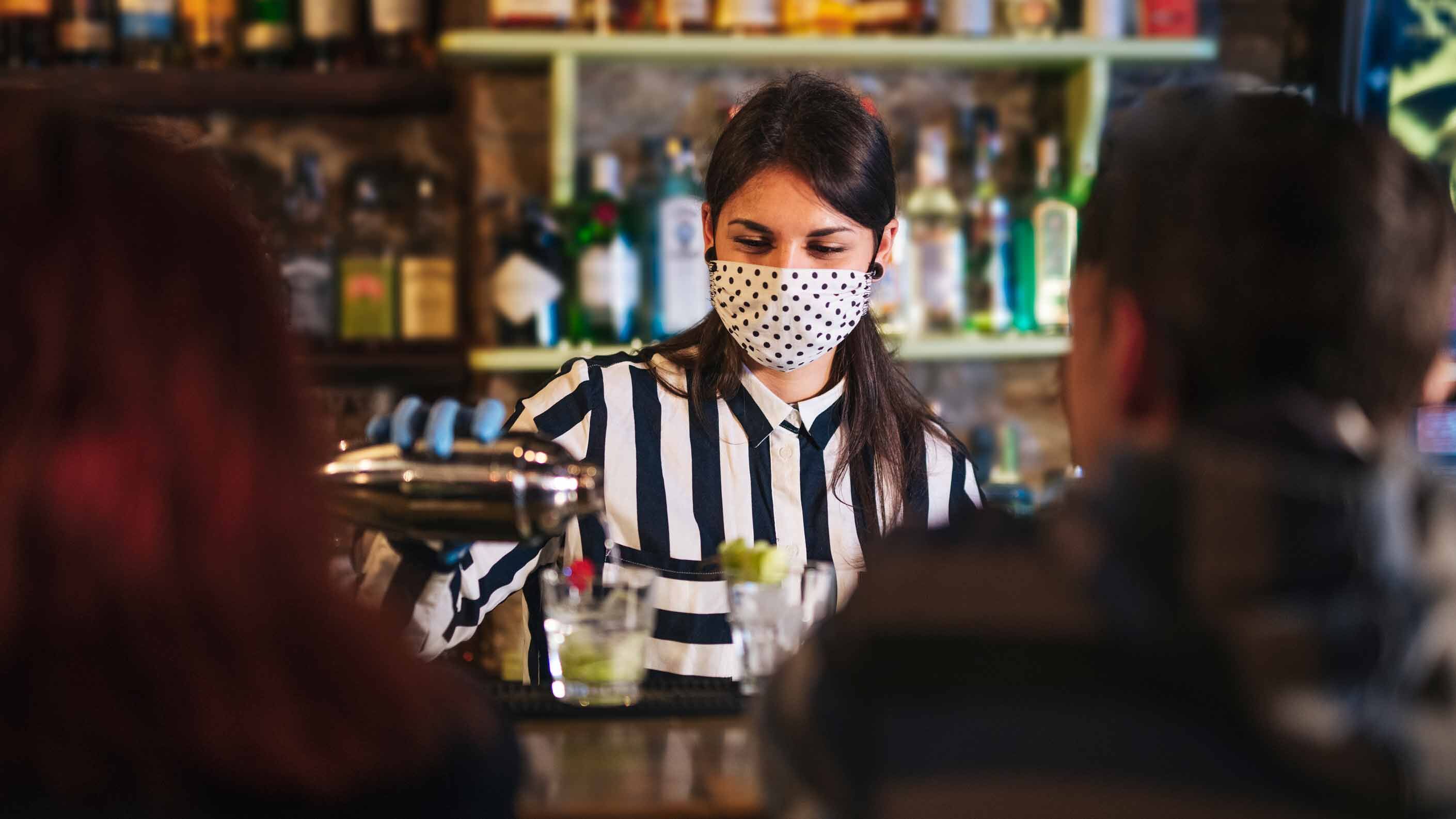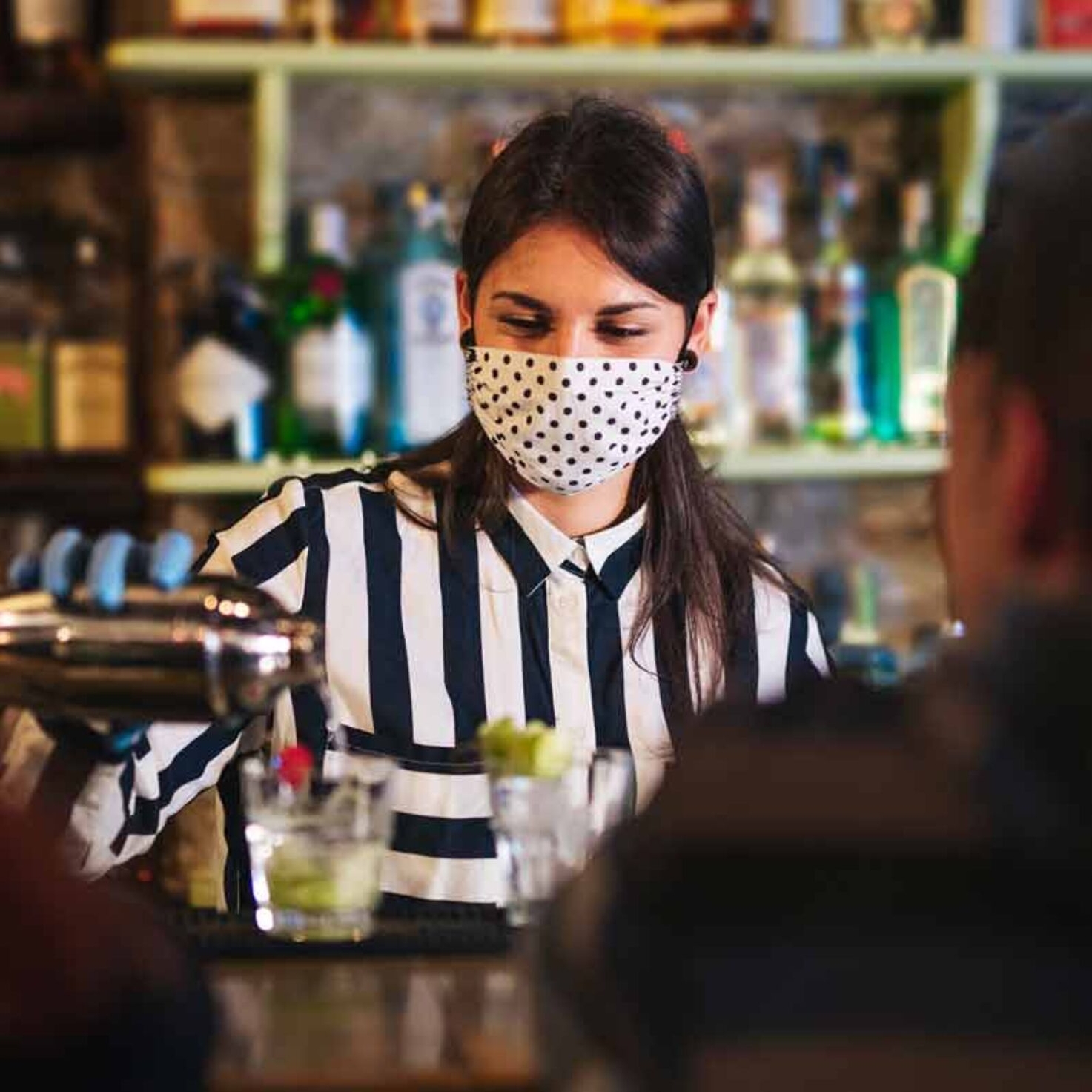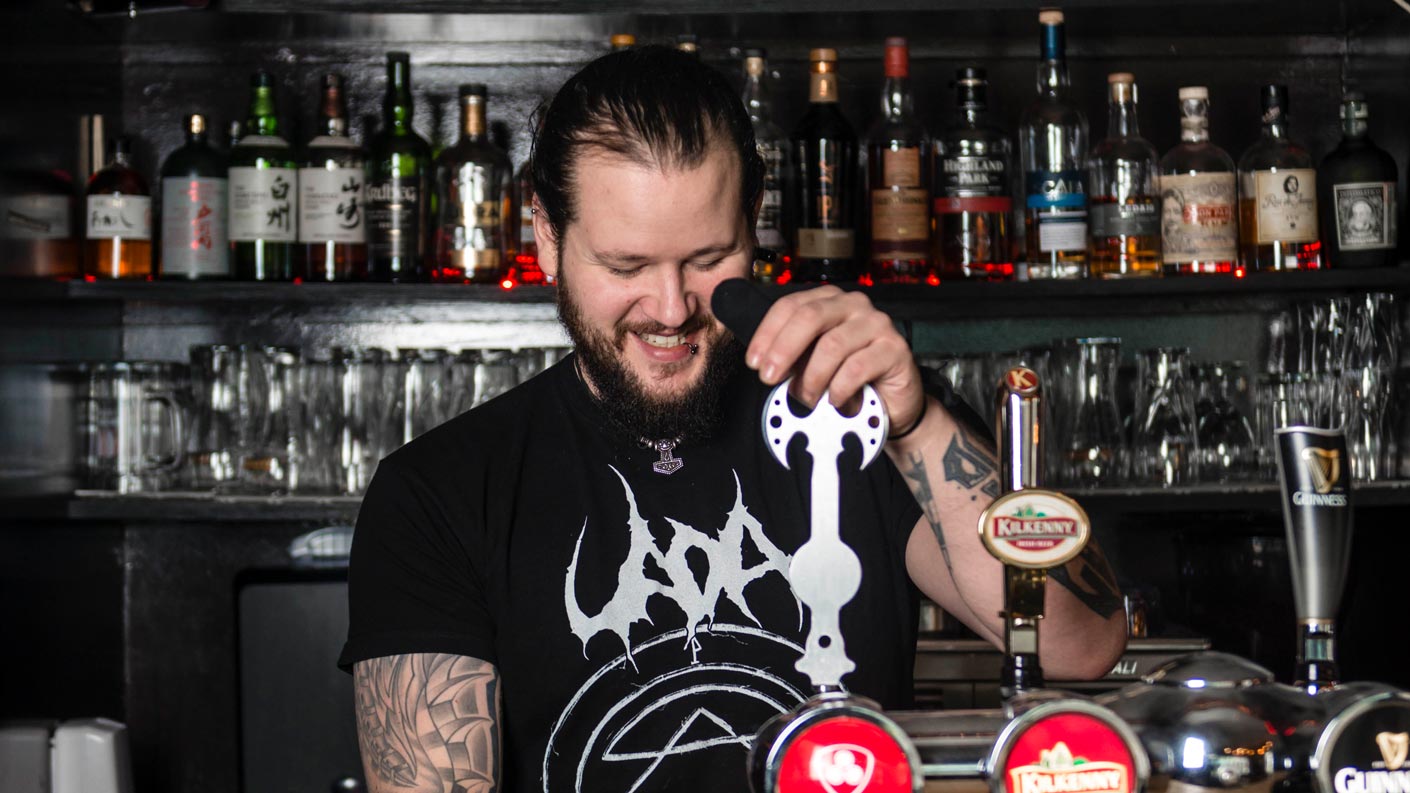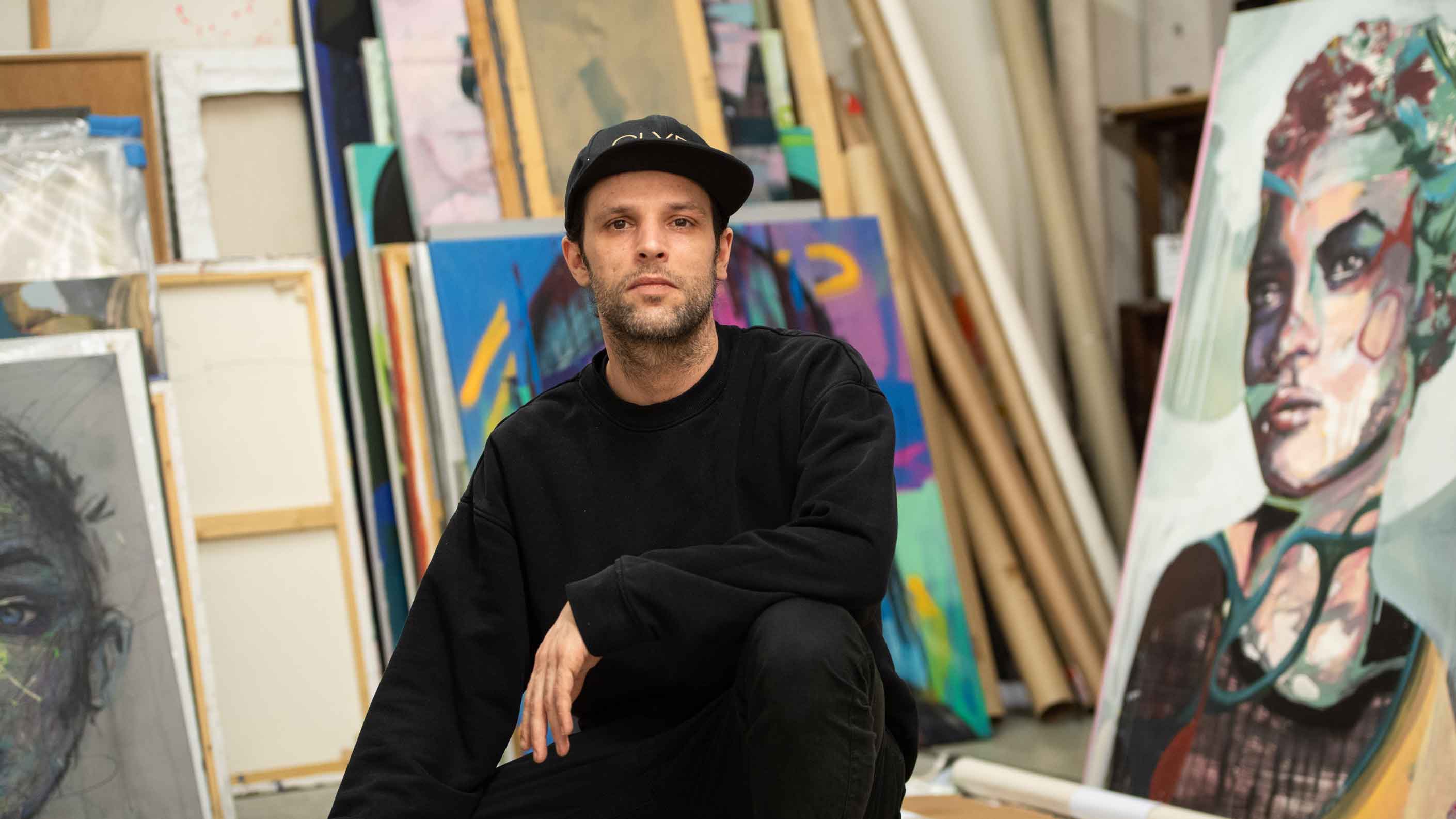Culture & Nightlife | Nightlife column
The crisis continues for Zurich’s nightlife
Hundreds of businesses and thousands of employees had high hopes at the beginning of June when the Federal Council announced that it would allow events for up to 300 people. But it seemed likely that this phase would be even more challenging than the lockdown itself. This has now been confirmed: Covid-19 is the biggest crisis to hit Zurich’s nightlife scene since the introduction of the restrictions on opening hours back in the 1950s. Our nightlife columnist Alexander Bücheli describes how the coronavirus is still having an impact despite the fact that clubs can now reopen.
Club owners are well aware of their responsibility to protect public health. Since the beginning of the Covid-19 crisis, strict measures have been put in place to control the pandemic. Back in early March, Zurich’s clubs took the initiative and began recording the contact details of their guests. And they didn’t argue when, on Friday, 13 March 2020, the federal government announced that events were restricted to no more than 50 people. Everyone was urged to stay at home. The Ozelot collective, Club Dihei, Artonair and Züri-Stream did their best to brighten up this time of isolation by streaming music from local artists. And Mikks provided a delivery service to ensure people could still enjoy drinks from their favourite bars in the city. But we all knew it was a poor substitute for doing what we love and that it could never replace the shared emotion of being in a club.
So it was hardly surprising that people were ecstatic when the Federal Council announced that events with up to 300 people would be allowed from 6 June. The hope was that some clubs at least would be able to make desperately needed income after three months of lockdown.
The media was abuzz.
The first events quickly sold out – people couldn’t wait to get together and dance again. But the euphoria was short-lived. By early July, the first clubbers had tested positive for Covid-19. The media was abuzz once again, this time with reports about superspreader events. I’m not a medical expert, but can we really say that a maximum of four new infections is enough to call them superspreader events? Particularly when the contact details for contact tracing was based solely on trust rather than ID checks.
Public outrage meant a scapegoat had to be found – and quickly. So the canton of Zurich bowed to pressure and announced that telephone numbers and contact details had to be checked against ID as of 3 July 2020. Other cantons introduced even stricter measures amid fears of a second wave and concerns that the contact tracing system could become overloaded. The cantons of Zug, Lucerne, Basel-Stadt, Basel-Land, Solothurn and Aargau restricted audience numbers to between 30 and 100.
Every nightlife operator in Zurich lives in fear of more restrictions. Even though they are allowed 300 guests, many clubs find themselves unable to reopen. In theory, the federal government allows events with up to 1,000 people, but audiences have to be physically separated into groups of 300 – something that most venues simply can’t accommodate. And there is still the possibility of mandatory face masks. It remains unclear whether guests would be prepared to wear them – the experience just isn’t the same. But it is important to remember that, unlike public transport, guests choose to go to events. Public transport companies only have to indicate that masks are obligatory and can call the police as necessary, whereas clubs would have to take sole responsibility for ensuring their guests wear a mask and would even be liable for infractions. Enforcing the mask requirement would significantly increase personnel costs, which in turn would drive up their overheads.
It’s not only club owners who are worried.
Whether it’s compulsory masks or a maximum of 300 people, it makes no financial sense for most Zurich clubs and concert venues to stage events under these conditions. In many cases their overheads would be higher than their revenues. It goes without saying that club operators are worried about media reports and the way other cantons are tightening their regulations. But clubbers are concerned, too. Everyone is in a state of limbo, and many people are simply staying away from the clubs. But the majority of clubs can’t simply choose to close due to the financial situation – they have already used up their reserves over the last 3 months. And if they close voluntarily, they can’t claim any financial assistance, as it is only available in cases of hardship.
This article is not free to read.
hellozurich stands for a diverse and tolerant city. We tell stories about the people and places that shape Zurich. But all this costs money. As an independent magazine we rely on your help.
Become a member from just 8 francs a month and, as a supporter, receive the hellozurichPass. In conjunction with our partners, this gives you access to more than 200 exclusive deals and discounts.
Did people really get the virus in the clubs?

Despite all the discussions and a tempo that even surprised the nightlife operators, now is probably the right time to organise events, despite Covid-19. It’s true that new infections increased in July, but the numbers seem to be stable. So far, we know that around 10 of the 1,200 events held in Switzerland each had one person who tested positive for Covid-19 (1% of events). The other people who tested positive were among their circle of friends, so it is not yet clear whether their attendance led to other guests being infected. But this question needs to be answered in order to ascertain the size and form of events that could still be held despite Covid-19. Nightlife operators are understandably afraid that if they don’t open now, they will end up having to stay closed until a vaccine is found.
Everyone needs to support the reopening.
It’s time to keep a cool head. All the different stakeholders need to work together to understand the situation and benefit from their synergies. Contact tracing needs to be ramped up in order to ensure that events can continue. The Federal Council needs to offer help, and politicians and scientists should back the decision to reopen and refrain from pointing the finger at clubs if new infections occur. If it once again becomes necessary to ban events for epidemiological reasons, then it should be enacted completely rather than step by step.
Regardless of whether the nightlife scene goes back into lockdown or continues with restrictions, it needs support in order to prevent Zurich’s cultural life being totally wiped out. And we shouldn’t be surprised if young people find their own ways of enjoying themselves this summer. There may be trouble ahead.





